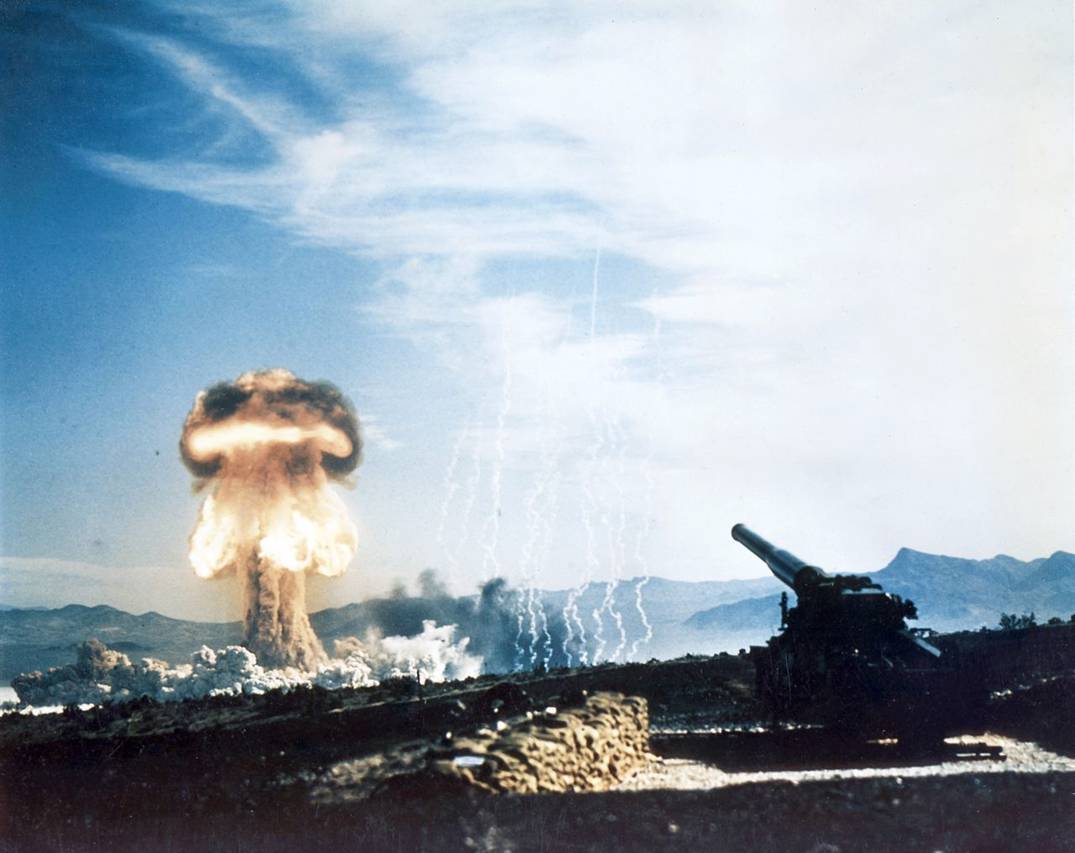
Are devastating wars between countries becoming a thing of the past?
Since the end of the second world war there have been few large interstate wars in the world. This ‘long peace’ has led many to argue that the world has become permanently more peaceful, and that the threat of wars between countries has drastically and indelibly declined.
But is this the case? Is the pattern observed over the last 70 plus years indicative of a lasting change, or is it just a temporary fluctuation that can soon be reversed?
In his best-selling book The Better Angels of our Nature, Steven Pinker argues that world has changed and that we have become more peaceful. Aaron Clauset challenges this view and argues that the ‘long peace’ we are currently living through is fully consistent with a system that produces wars on the scale seen during the first and second world wars. In agreement with Pinker’s thesis, Clauset also finds that the ‘long peace’ has seen fewer large scale wars than we would expect.
PRIO and the Institute of Mathematics, University of Oslo, welcome you to a seminar to discuss these topics.
Main speaker
Aaron Clauset, Assistant Professor of Computer Science at the University of Colorado at Boulder and in the BioFrontiers Institute and External Faculty at the Santa Fe Institute.
Panel
- Håvard Hegre(PRIO & Uppsala University)
- Nils Lid Hjort (Department of mathematics, University of Oslo). Read Nils Lid Hjort's blog post following the seminar by following this link.
- Siri Aas Rustad (PRIO)
Moderator
Håvard Mokleiv Nygård, PRIO
The Oslo Lectures on Peace and Conflict
Co-hosted by the University of Oslo and the Peace Research Institute Oslo, the series marks the mutual commitment of the two institutions to collaborate in ensuring Oslo's future as the leading hub for scholarly insight on peace and conflict, manifested in education, research, and interaction with policy-makers and practitioners, as well as engagement in public debate.





